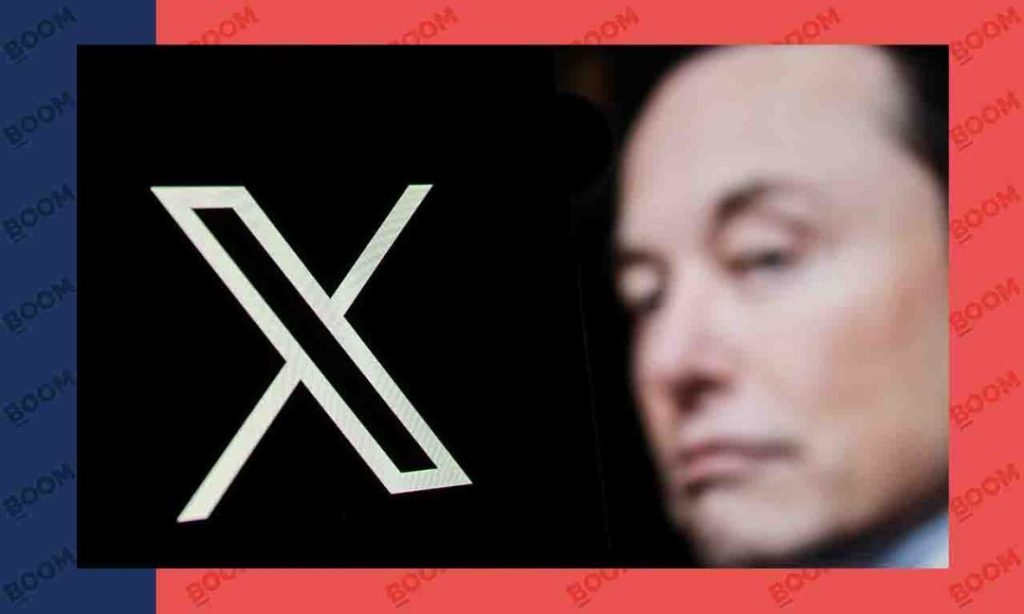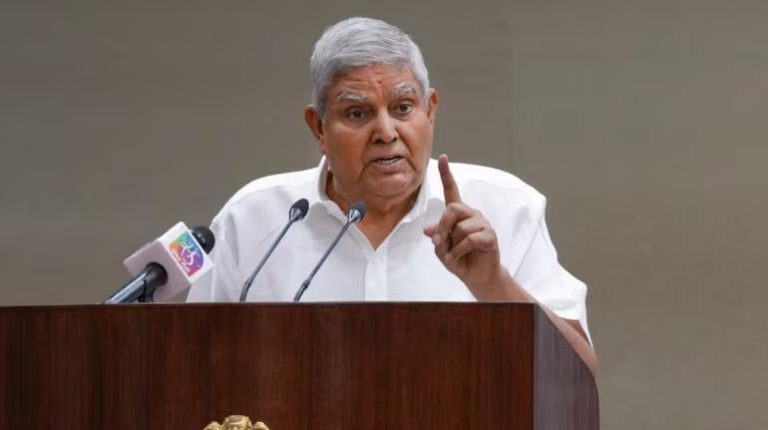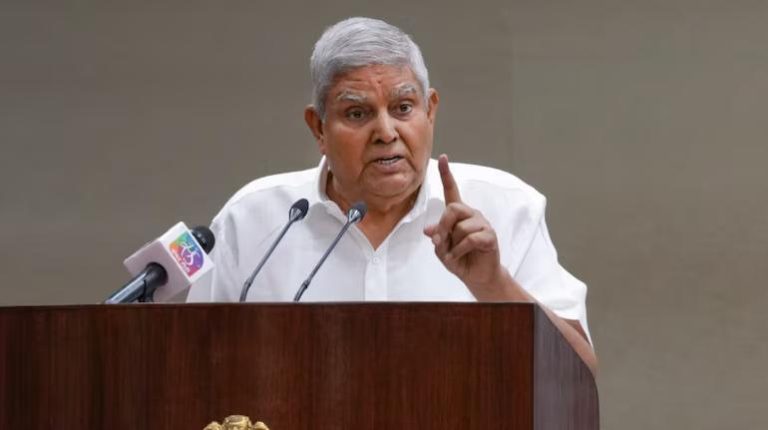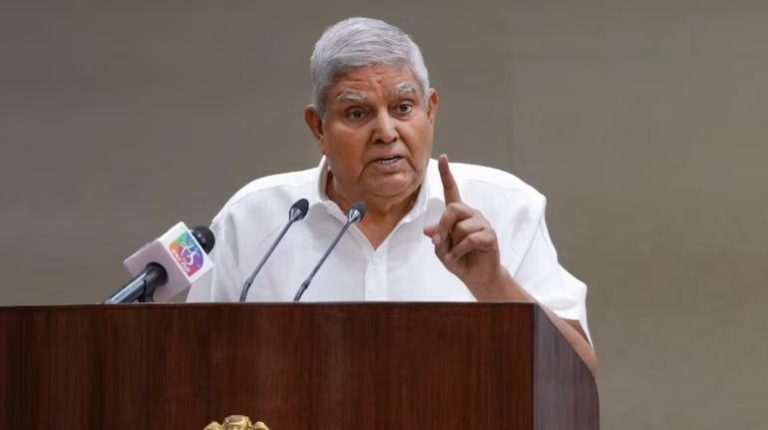
X Challenges Minnesota’s Deepfake Ban on Free Speech Grounds
In a bold move, social media platform X has filed a lawsuit against the state of Minnesota over a recently enacted law banning AI-generated deepfakes intended to mislead voters. The company is arguing that the law infringes on free speech and is overly vague, with potential criminal penalties for platforms that fail to comply.
The law in question, which was signed into effect by Minnesota Governor Tim Walz in May, makes it illegal to create, distribute, or use deepfakes that are intended to deceive or mislead voters in the state. The law defines deepfakes as “any video, audio, or image that is generated using artificial intelligence or machine learning algorithms and is intended to deceive or mislead the public.”
X, which is a popular social media platform with millions of users, is arguing that the law is unconstitutional and that it will chill free speech. The company is also citing protections under Section 230 of the Communications Decency Act, which is a federal law that protects online platforms from liability for the content that users post on their sites.
In its lawsuit, X argues that the Minnesota law is overly broad and could be used to criminalize a wide range of speech. The company is citing examples of legitimate political speech that could potentially be caught by the law, such as a parody video or a satirical article that uses AI-generated images.
X is also arguing that the law is vague and could be used to harass or intimidate online platforms. The company is citing the potential for prosecutors to use the law to criminalize speech that is protected by the First Amendment.
The lawsuit is the latest in a series of legal challenges to deepfake laws and regulations around the world. In recent years, several countries have enacted laws aimed at regulating the use of deepfakes, but many of these laws have been criticized for being overly broad or vague.
X’s lawsuit is being seen as a major test case for the limits of deepfake regulation. The company is arguing that the Minnesota law is unconstitutional and that it will have a chilling effect on free speech. The lawsuit is also being watched closely by other social media platforms and free speech advocates, who are waiting to see how the courts will rule.
The lawsuit is also being seen as a challenge to the authority of state governments to regulate online speech. In recent years, there has been a growing trend towards state governments enacting their own laws and regulations aimed at regulating online speech. X’s lawsuit is arguing that this trend is unconstitutional and that the federal government has the authority to regulate online speech.
The case is being heard in the United States District Court for the District of Minnesota, and a ruling is expected in the coming months. The outcome of the case is likely to have significant implications for the regulation of deepfakes and online speech more broadly.
In conclusion, X’s lawsuit against the state of Minnesota over the deepfake ban is a major challenge to the limits of deepfake regulation. The company is arguing that the law is unconstitutional and that it will have a chilling effect on free speech. The lawsuit is also being seen as a challenge to the authority of state governments to regulate online speech. The outcome of the case is likely to have significant implications for the regulation of deepfakes and online speech more broadly.






